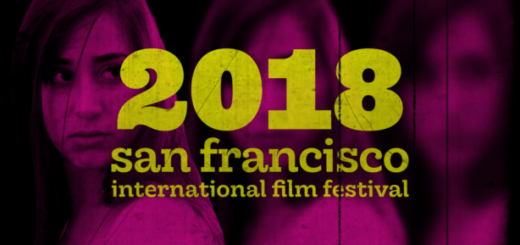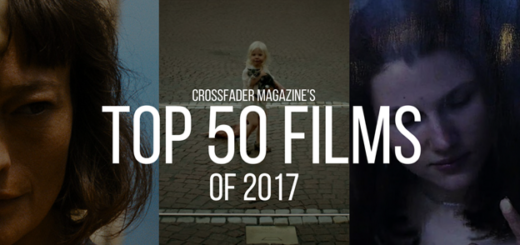The Student Academy Awards: Daniel Drummond’s A FOREMAN
The 2017 Student Academy Awards feature a batch of outstandingly diverse directors and stories. With three thesis films shot outside of the United States (from Croatia to Taiwan), and the rest dealing with issues of serious political and personal weight, the nominated films continue to prove themselves as a beacon of unheard voices in a rapidly changing industry. With this series, Crossfader will be highlighting all seven filmmakers from the Live Action – Domestic section.
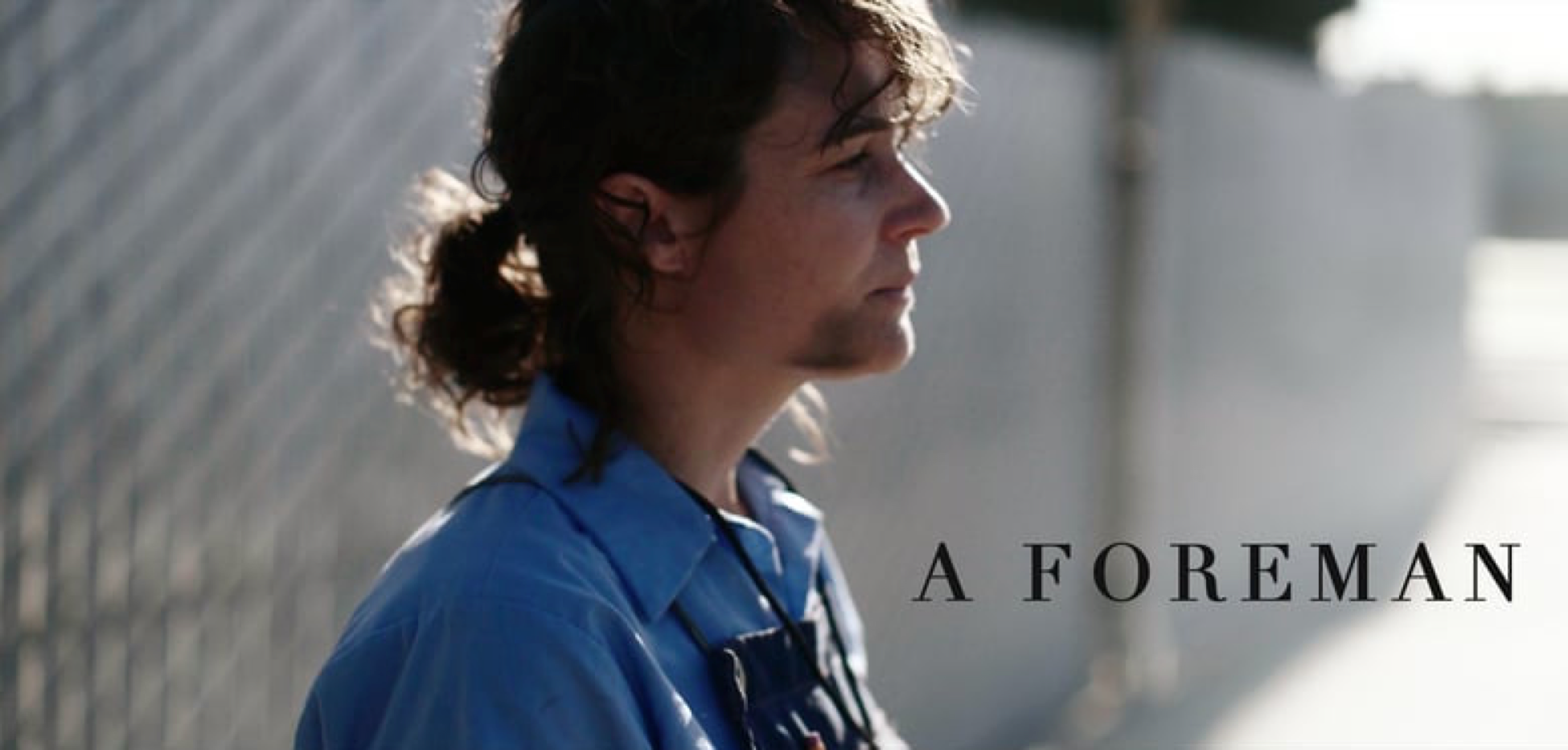
First on the block is Daniel Drummond. 2016 was a game-changing year for Chapman University. With Brenna Maloy’s ROCKET and Brian Robau’s JUST A GUN sweeping the silver and bronze medals, respectively, Chapman really began to cement itself as a tier-one film school—the school certainly has those films to thank for their bump from number seven to number six in the Hollywood Reporter’s film school ranking. But what’s all the more impressive is this year’s nomination for Daniel Drummond’s A FOREMAN, a tense, almost realtime character portrait of a woman caught in a precarious moral dilemma. The reason this nomination is impressive isn’t because of the film itself—though trust me, it’s fantastic—but rather that this isn’t the native Brazilian’s first rodeo. Back in 2015, when Drummond was still pursuing his Digital Arts BFA at Chapman, he ended up taking home the Student Academy Award for his short film CHIAROSCURO. The two films couldn’t be any more different, but there’s a love for visual storytelling here that shows an inspiring breadth of talent. But here’s the topper: A FOREMAN isn’t Drummond’s thesis film, but his first year project.
So what’s your background, exactly?
Well, I did my BFA in digital arts, and then moved onto production for my MFA. That was kind of the plan all along, it’s just really convenient that it worked out as well as it did. I’m from Brazil, from a city called São Luís. It wasn’t a film city at all. I came to California in 2010 for my undergrad and joined the school as a screenwriting major. I quickly realized that wasn’t for me; I love writing, but writing on prompt took the joy out of it. My best friend did the digital arts program and I knew there was a big demand for that back in Brazil, so I knew that was an employable skill. I wanted my undergrad to be more broad than just directing so that I could learn the fundamentals of storytelling in a more general sense.
That’s fascinating. So since you’re familiar with the foreign film scene, I’ll actually start off by asking you this question: your movie reminded me of the Dardennes’ TWO DAYS, ONE NIGHT.
*Laughs* The Dardennes are my favorite filmmakers, so that’s a full-hearted compliment.
Oh, is that true? That was the first thing that came to mind.
It’s funny, because as I was making this film in my head, I wanted to pitch it to people more familiar with their work. My favorite of theirs is L’ENFANT, but we used TWO DAYS, ONE NIGHT as an example. Them and Asghar Farhadi are really my two standards of excellence when it comes to filmmaking, and I think that’s primarily because of how economical they are. I don’t know, whenever my mind wants to increase the tension, my mind goes towards a gun or something, but when I think of the Dardennes or Farhadi, they don’t need to do that. They make such great domestic thrillers—I think that’s the best word I can think of. They just know how to mine drama and that’s very inspiring to me. So yeah, my three favorite directors would be those two and Ramin Bahrani.
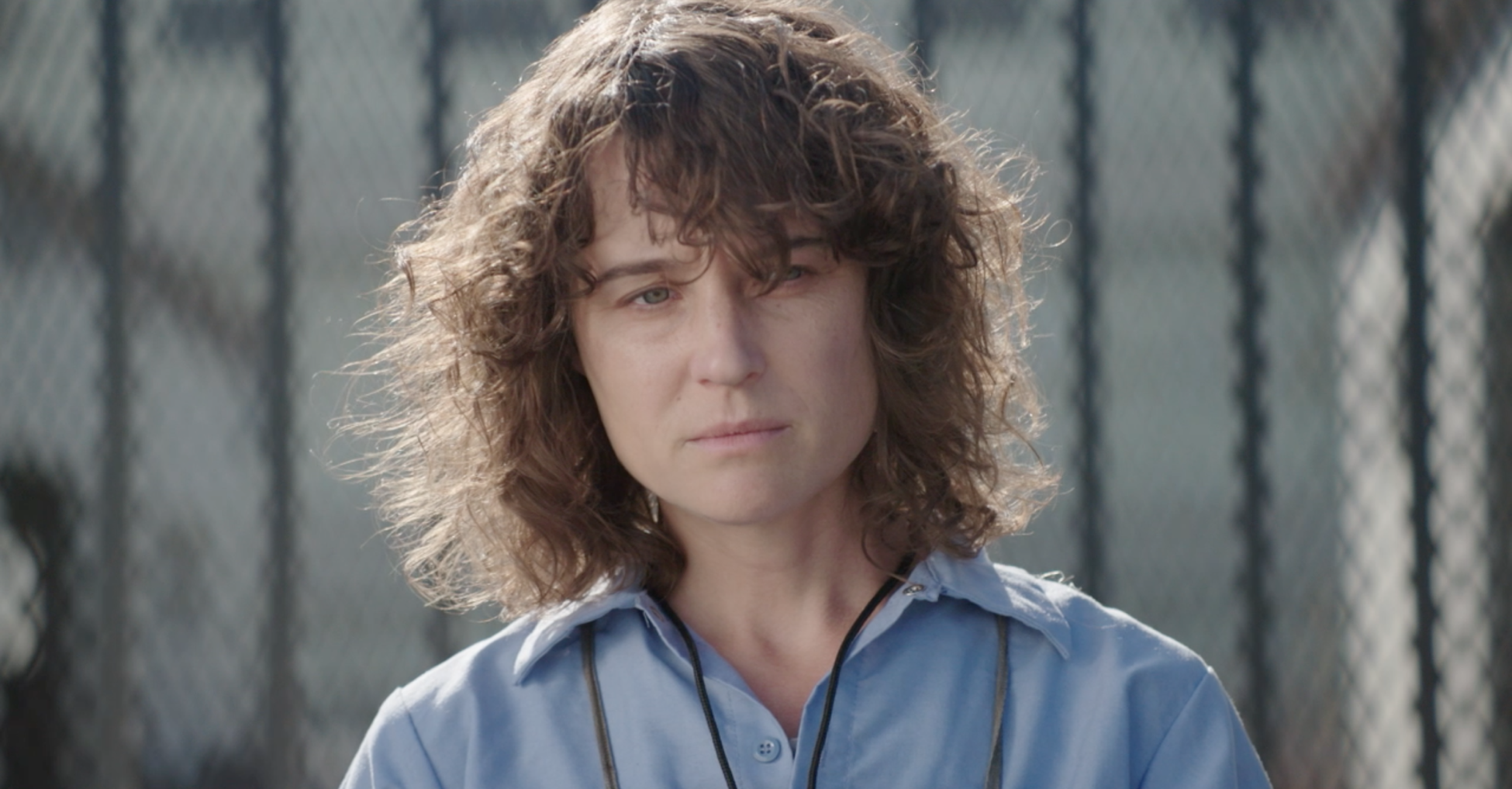
Okay, let’s get back to your film before spiraling off into foreign films! You made a film about a female worker in a very male-dominated environment, so how did this all come to you?
There was an article I read somewhere about an inspector who noticed a bunch of irregularities. I think the article was written by him and how he decided to turn a blind eye to these problems in order to let people keep their jobs. So the first draft was about that: an inspector who learns to care for the workers. But working in that empathy was a really hard thing to establish; we just couldn’t find the scenario where that would work. We tried having him and the foreman be childhood friends or something, but we slowly began to realize that we had to make this about the foreman, not the inspector.
How did casting work?
Well, in the original script, the inspector was female. So having this woman enter a male-dominated world and being pressured to look the other way to save these mens’ careers was the first idea. But when we switched protagonists, we were pressured to make the lead a man. I didn’t agree with it, but I wrote it like that for a while. We cast around 60 people, but I didn’t really love anybody. They were good, but nothing blew me away. But then there was this woman. I had worked with her a semester earlier on a Chapman project, and she was so amazing. So I convinced my producer to give her a shot and she was perfect. She just disappears into the character. A humanity, a kindness, that none of the actors really nailed. It wasn’t about male or female. It was the fact that she just was the best actor.
There’s a really strong sense of authenticity in the film, and her performance is so vulnerable but believable.
Yeah, the actors were so great to work with.
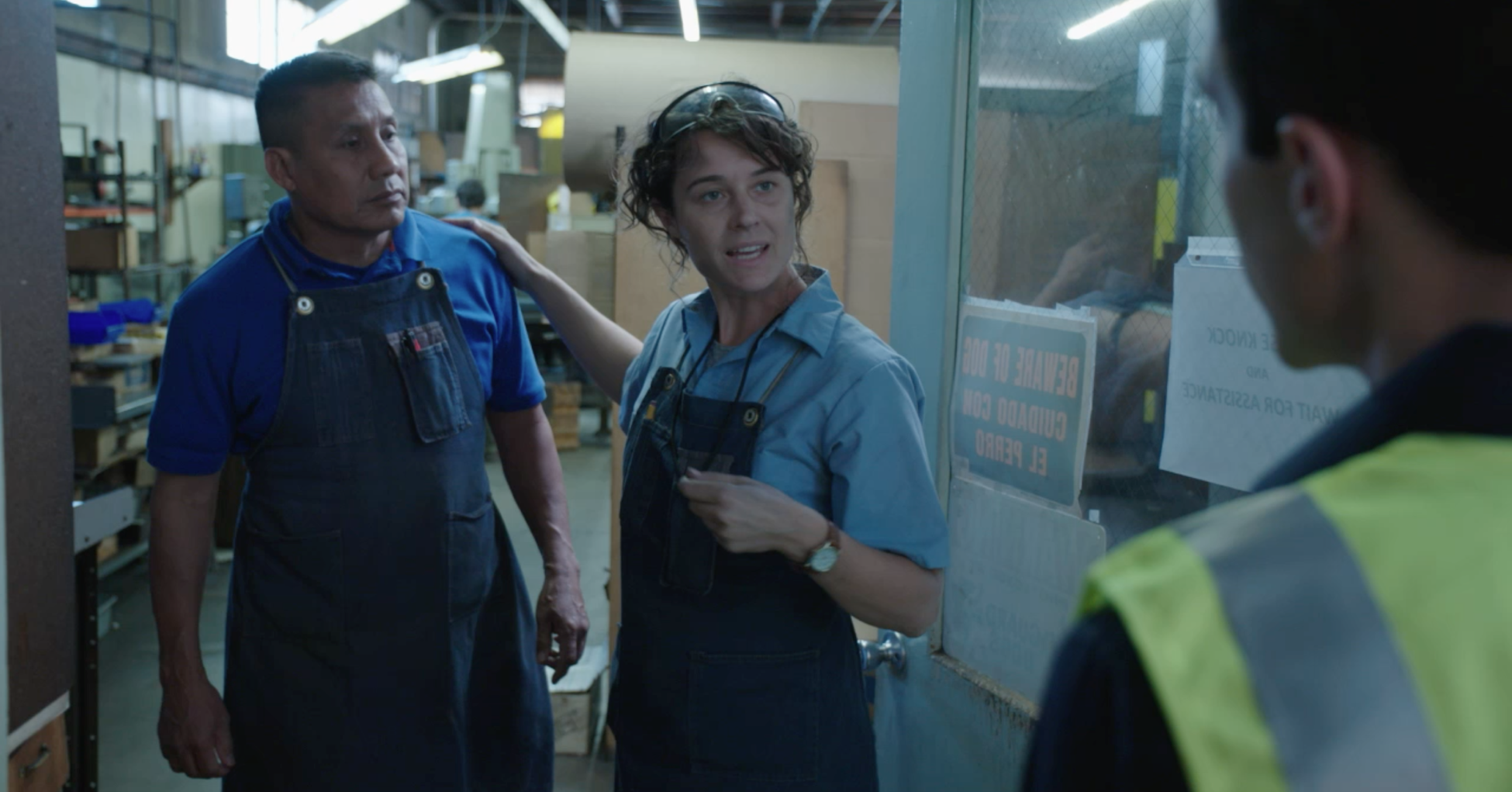
What about the factory? How was it figuring that out?
Well, originally we wanted a sweatshop, but we couldn’t really find one that would let us film. So one day we were driving around Santa Ana, and took the back streets trying to look into the buildings. We went into one building just out of coincidence and were shocked by how cool the location was. So we rewrote it to be a machine shop, and it worked just great.
It really doesn’t matter what kind of establishment the business is anyway, the conflict at hand is about the characters, not the space. Although I must say, the sounds you got out that place really elevated the tension of the narrative.
Absolutely. We just liked a sweatshop because it comes with the connotations of exploitation and illegal doings.
I would actually make the argument that the film works better because it’s a more legitimate establishment. It makes everyone a victim of circumstance rather than pitting good against evil. It’s just less overt.
Oh cool, that’s good to know!
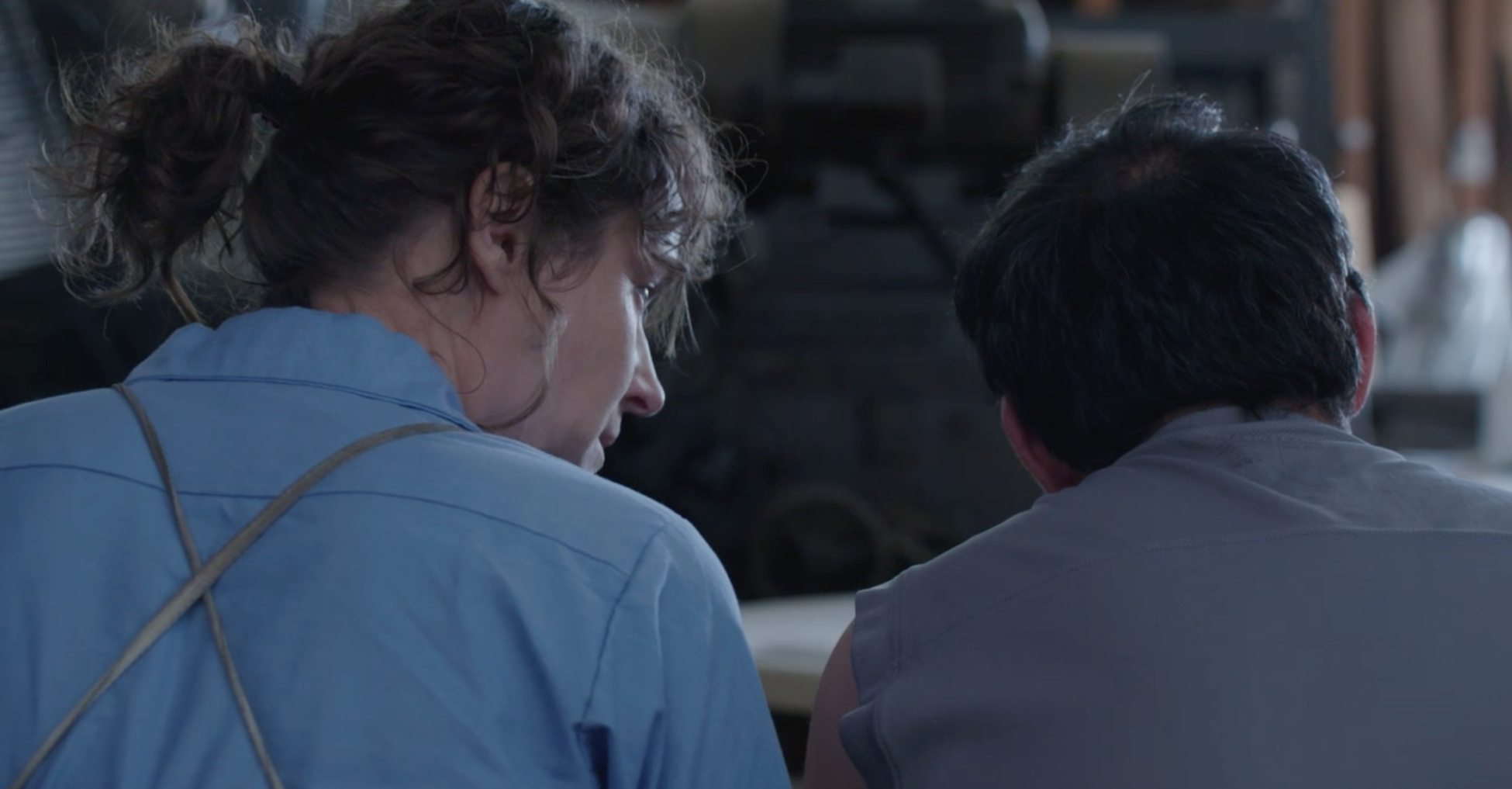
So, you’re in your second year now. You were nominated last in 2015, and when you graduated, you took two years off. What’s next?
I would love to work in the U.S. but I’d also love to work in Brazil at some point. It’s just hard to compete with the level of talent and expertise that you find in the United States. We’re going to start hearing back from festivals in the next month or so.
Take care, Daniel. Thanks so much for talking!
No worries, man, thank you!
Catch A FOREMAN on the festival circuit later this year, and keep your eyes peeled for more of Daniel’s work down the line!

